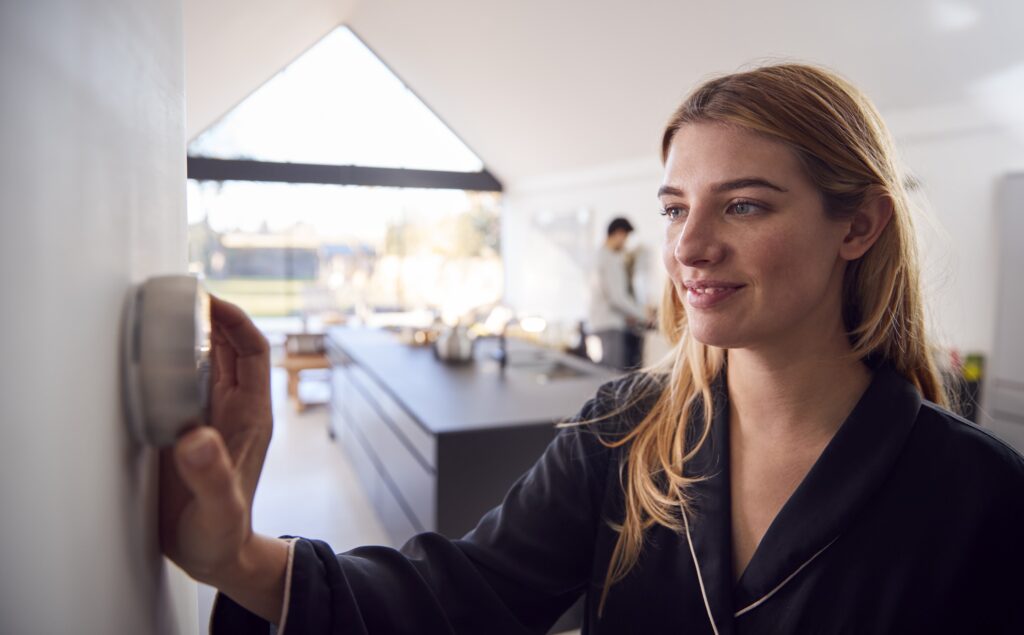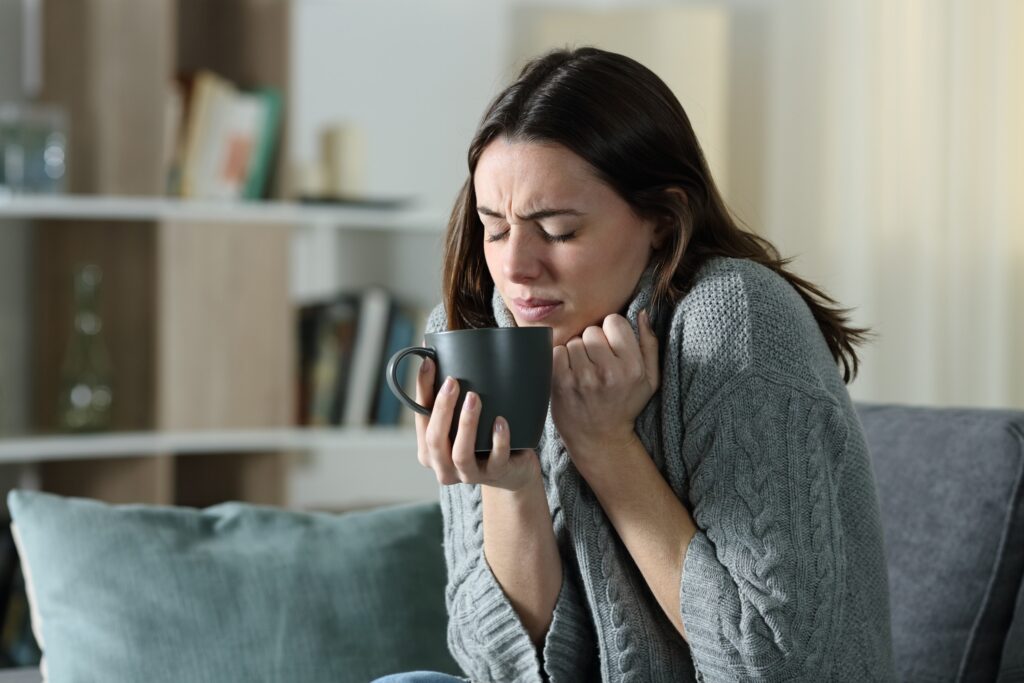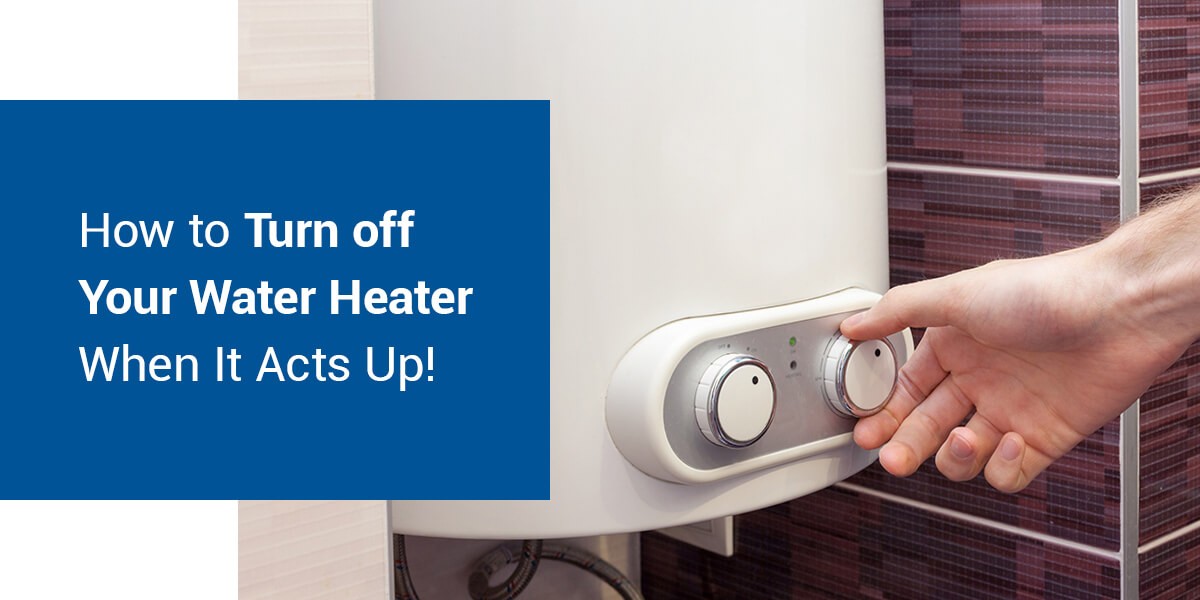Have Issues With Pollen? Follow These Quick Removal Steps
You can tell it’s summertime in Louisville when the sun is shining; birds are chirping, and allergy sufferers are sneezing. Spring and summer bring about high pollen content in the air that triggers unpleasant symptoms in those who suffer from seasonal allergies and hay fever.
If you’re one of those people, you want to make sure that the air inside your home is as clean as possible and free of pollen. Here’s a guide for some quick and easy ways to achieve clean air inside your home and reduce your allergy symptoms.
Don’t Let the Pollen In
It’s impossible to completely prevent pollen from getting into your home, but you can take steps to limit how much of it makes its ways inside. Start by keeping your windows and doors closed as much as possible. This is especially important during the early morning hours in midday when pollen counts are at their highest.
You can also reduce the amount of pollen you bring in with you as you enter by carefully wiping your feet before going in, wearing a hat outdoors to prevent pollen from getting into your hair and carefully brushing your pets to remove pollen from their fur.
Catch the Pollen That Does Make Its Way Into Your Home
Your furnace and air conditioning system are equipped with a filtration system that is designed to remove dust and dirt from the air before it enters your ductwork. The filter should be replaced at least every three months or sooner if it becomes visibly dirty. Use a HEPA filter to get rid of airborne allergens like pollen. HEPA or High-Efficiency Particulate Air filters have an ultra tight mesh that is capable of trapping much smaller airborne particles than standard filters.
If your home has carpeting, be sure to vacuum it frequently to pull pollen out of it. You should also empty your vacuum cleaner outdoors so that dust and pollen aren’t released into your home in the process.
Allergies and Humidity
Along with the heat of the summer comes increased humidity. Certain allergens can only survive in environments that have particularly high moisture content in the air. Your best bet to keep humidity in check inside your home is to have a whole home dehumidifier installed on your air conditioning system.
Overly dry air can also aggravate allergy symptoms by irritating sinuses. Therefore, it’s recommended to maintain a relative humidity level between 40 and 50% inside your home.
For more clean air and indoor comfort tips, call Tom Drexler Plumbing, Air, and Electric, in Louisville, KY at (502) 456-5982.







